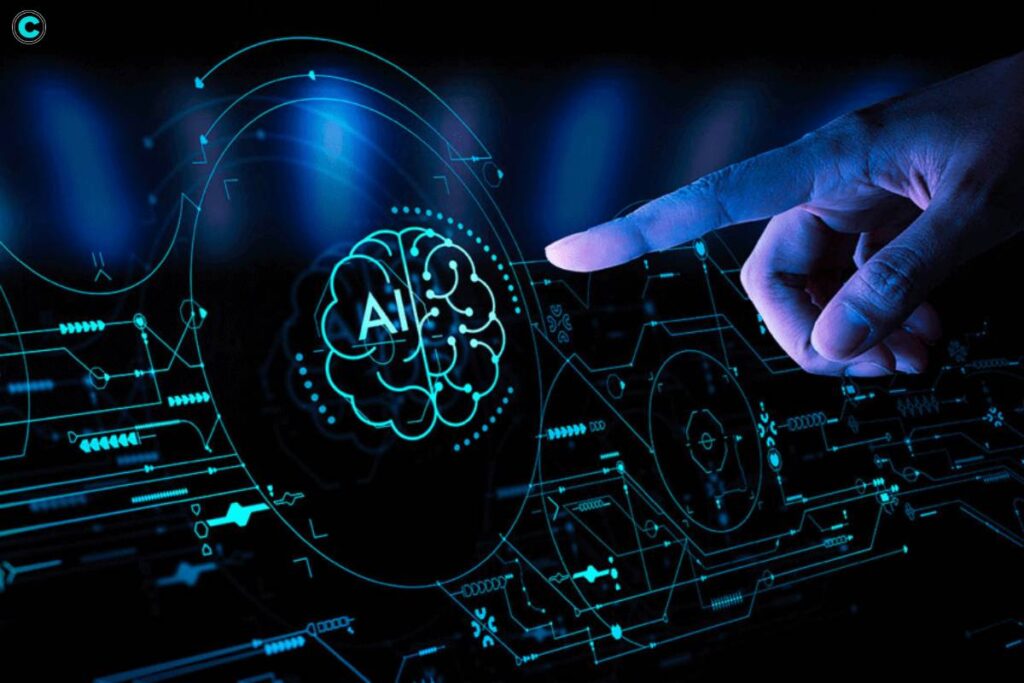(Source-LinkedIn)
IEEE Study AI Dominates Tech Outlook for 2024
According to a recent global survey conducted by the Institute of Electrical and Electronics Engineers (IEEE), the advancements in Artificial Intelligence (AI) is predicted to be the most significant technological development in 2024. As the world’s largest technical professional organization, the IEEE study titled, “The Impact of Technology in 2024 and Beyond: An IEEE Global Study,” surveyed 350 top technology leaders across the U.S., China, U.K., India, and Brazil to evaluate the technologies that will shape the future.
The survey results placed AI, including its subsets such as machine learning and natural language processing, at the forefront of technological advancements, with 65% of tech executives choosing AI as a top priority for 2024. IEEE Fellow Karen Panetta, in an exclusive interview with VentureBeat, emphasized AI’s rising ubiquity across diverse sectors, including healthcare, marketing, cybersecurity, and manufacturing, to gather data, create reports, analyze trends, and develop new products.
AI’s Expanding Use Cases Across Industries
The IEEE study underscores the increasing applications of AI across various sectors, such as telecommunications, manufacturing, financial services, transportation, and energy. The study predicts that sophisticated AI applications will optimize data, automate complex tasks, and facilitate decision-making processes similar to human cognition.
The potential applications of AI are far-reaching, including real-time cybersecurity monitoring, supply chain automation, enhancing software development, expediting recruitment processes, and accelerating drug discovery. IEEE Member Yale Fox highlighted AI’s ability to drastically improve software development and cybersecurity through enhanced efficiency, security, and resilience.
However, the growing capabilities of AI also pose new cybersecurity challenges. Fox pointed out concerns over deepfakes, advanced social engineering attacks, and AI-enabled discovery of software vulnerabilities, emphasizing the need for companies to address these emerging issues.
The Integral Role of 5G Networks and Quantum Computing
The IEEE study also highlighted the pivotal role of 5G networks in the next phase of AI growth. The enhanced data transfer speeds, reduced latency, and expanded connectivity offered by 5G networks will enable AI systems to process and respond to real-time information more swiftly and effectively than ever before.
In addition to 5G, quantum computing is also set to revolutionize AI systems. The collaboration between AI and quantum computing is expected to bring transformative changes, paving the way for a new era of technological advancements. Karen Panetta suggested that quantum computing could help build computing infrastructures more conducive to AI, enabling the development of more robust AI systems and new algorithms.

Revolutionizing Cybersecurity: The Era of Distributed AI Systems:
This article dives into the field of creating distributed artificial intelligence systems, examining their uses, advantages, and paradigm change in the field of cybersecurity.
Despite the promising future of AI, IEEE experts caution that AI advancement should proceed responsibly, with a focus on human oversight. The study underscores AI’s role as a key economic driver and technology leader in 2024 and beyond.






